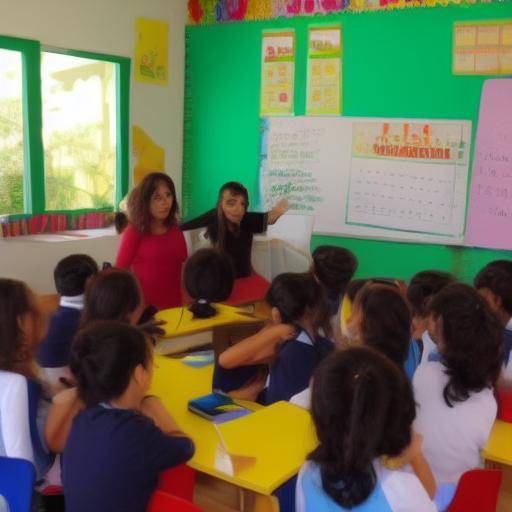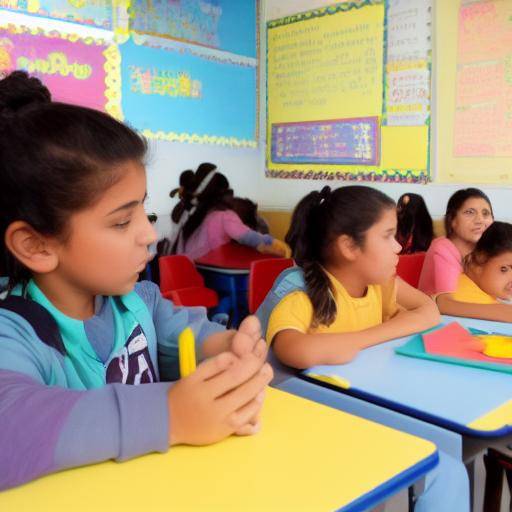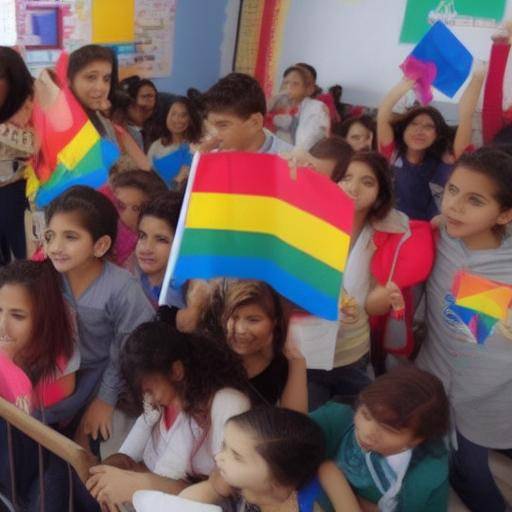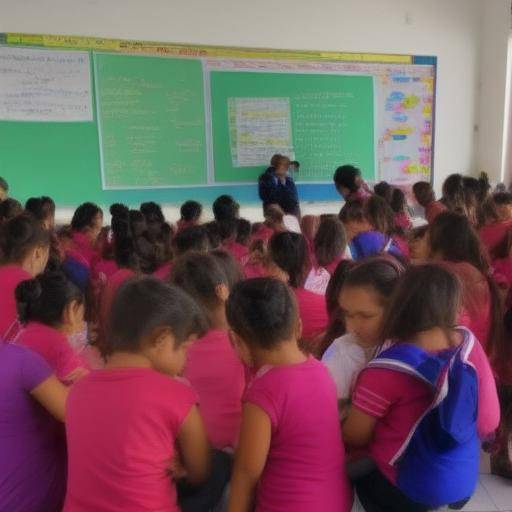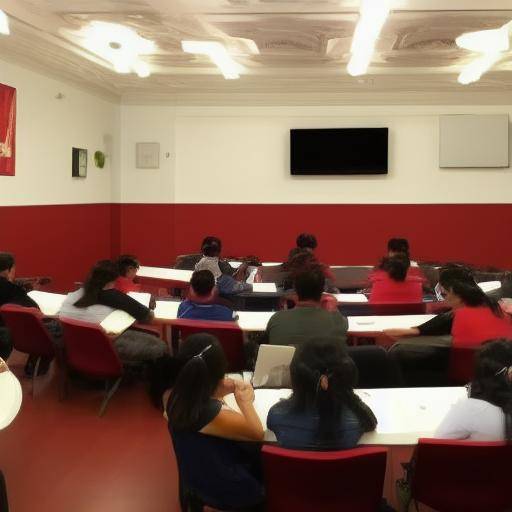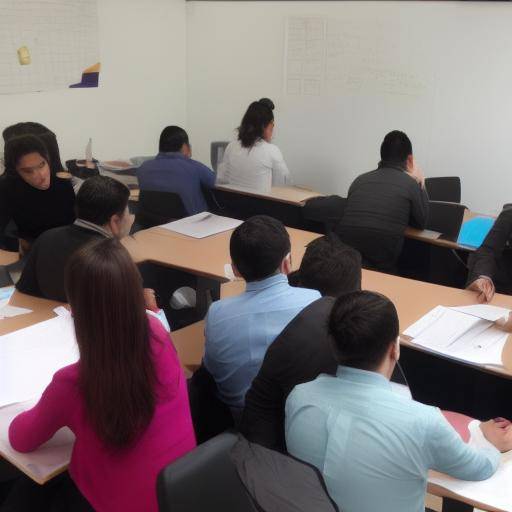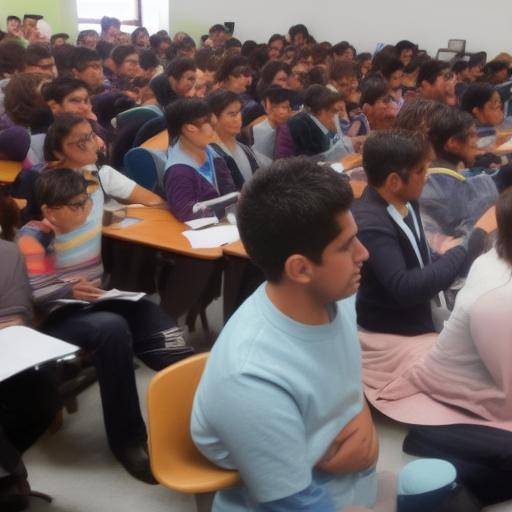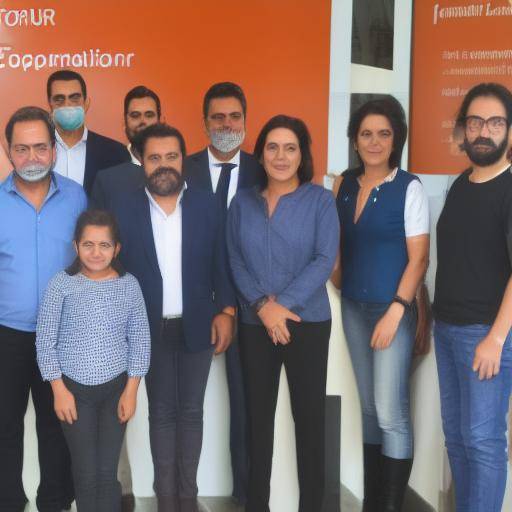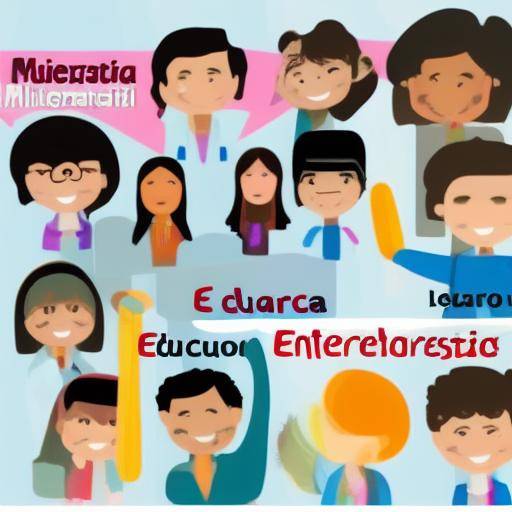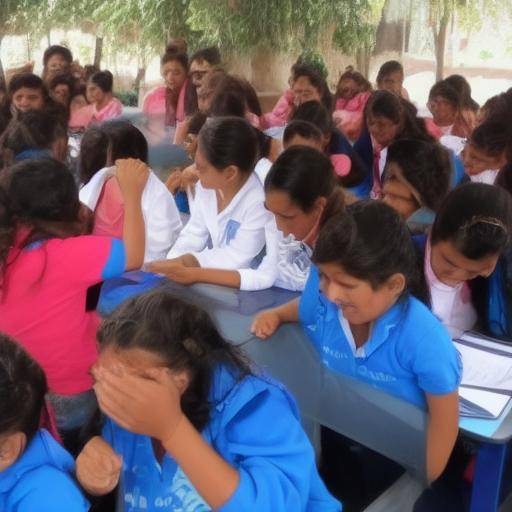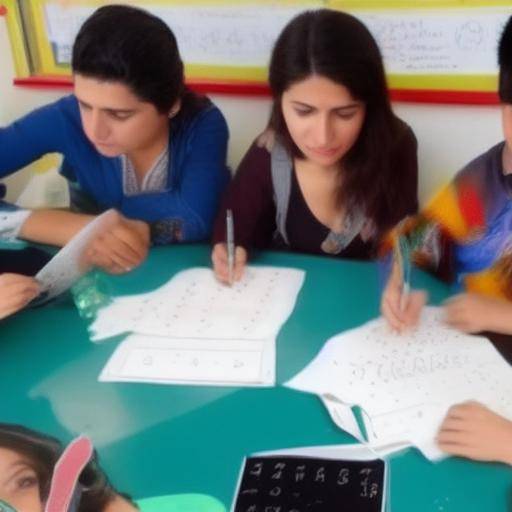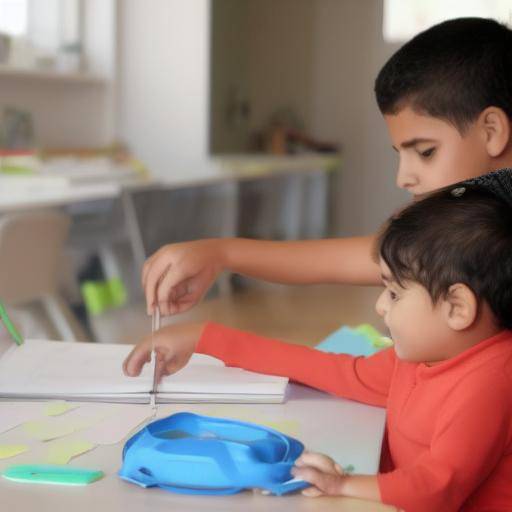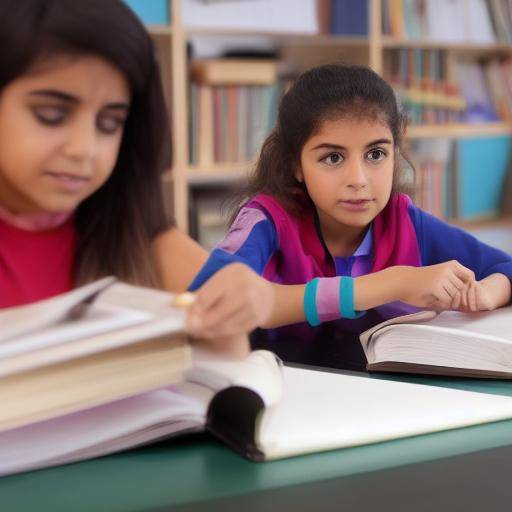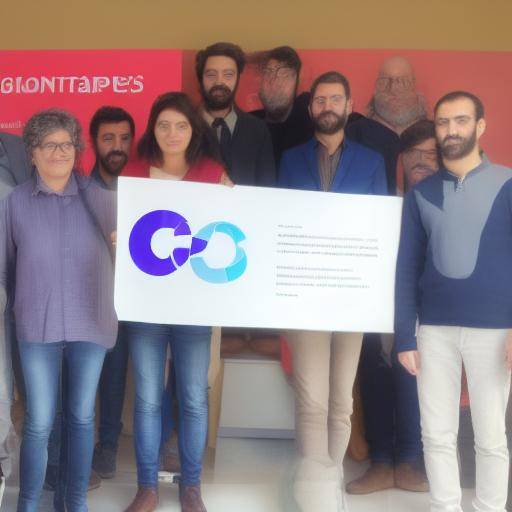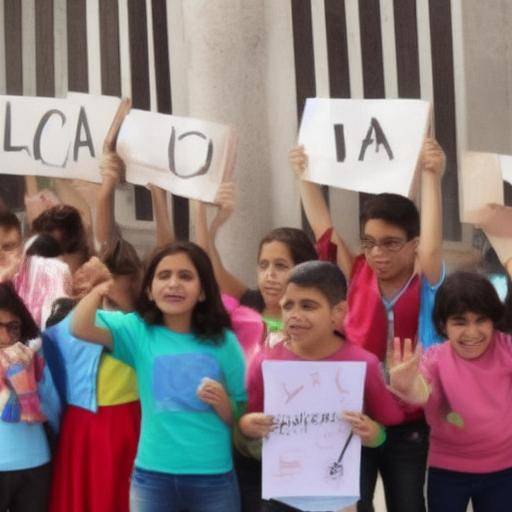
In the modern era, we find ourselves in an increasingly diverse social and labour environment in terms of ages, which makes it necessary to develop effective intergenerational communication strategies. The coexistence and collaboration between different generations in the labour and personal spheres requires a communicative approach that promotes understanding, respect and mutual collaboration. This article is therefore aimed at exploring best practices and strategies for effective intergenerational communication, with the aim of fostering harmonious and productive environments.
Introduction
In contemporary society, generational diversity has become a fundamental part of the social and labour structure. With the prolongation of working life, the presence of different generations coexisting in the same environment has become a daily reality. Effective intergenerational communication is essential to foster harmony and understanding between these different cohorts. In this article, we will explore key strategies to promote effective intergenerational communication in various contexts.
History and Background
Intergenerational communication, while it is a concept that has become more relevant today, has its roots in the fundamental human need to establish meaningful connections with individuals of different ages. Since ancient times, the transmission of knowledge and values between generations has been a fundamental pillar of social cohesion. Over time, the evolution of technology and cultural changes has impacted the way different generations communicate with each other.
Benefits and Challenges
Effective intergenerational communication entails a number of benefits at both the personal and professional levels. It is essential for the exchange of knowledge and experiences, resulting in mutual enrichment and a greater sense of community. However, it also presents challenges, such as the technological gap and differences in values and attitudes, which require specific strategies to effectively address them. It is crucial to understand these aspects to foster fluid and respectful communication between generations.
Effective strategies
Some strategies to promote effective intergenerational communication include the promotion of open and respectful dialogue spaces, the implementation of intergenerational mentoring programmes, and the adoption of accessible technologies for all ages. Awareness and mutual respect are fundamental to promoting understanding and collaboration among different generations. In addition, training in intergenerational communication skills can provide the tools necessary to effectively address differences and achieve effective communication.
Best Practices
The implementation of best practices in intergenerational communication in working and community environments is essential to fostering a culture of inclusiveness and mutual respect. These practices may include encouraging active listening, assessing the diversity of opinions and creating spaces for intergenerational collaboration. Promoting an environment that celebrates generational diversity can lead to greater commitment, creativity and productivity in the working and social environments.
Conclusions and FAQs
In conclusion, effective intergenerational communication is a fundamental pillar for the harmonious development of societies and organizations today. By adopting strategies and practices that foster understanding and collaboration among different generations, we can promote an enriching and productive environment for all.
Frequently asked questions
Why is intergenerational communication important?
Intergenerational communication is crucial for the exchange of knowledge, the strengthening of relations and the promotion of an inclusive culture.
How to address generational differences in a working environment?
Addressing generational differences in a working environment involves promoting mutual understanding, offering intergenerational mentoring programs and fostering collaboration in multigenerational teams.
What are the most common barriers in intergenerational communication?
Some common barriers include differences in communication styles, technological gap and misperceptions based on generational stereotypes.
What role does technology play in intergenerational communication?
Technology can serve as a bridge to facilitate intergenerational communication, provided that it is used in an inclusive and accessible manner for all.
How to promote an inclusive working environment for all generations?
Promoting an inclusive working environment involves recognizing and assessing the unique contributions of each generation, fostering collaboration and providing equitable development opportunities.
How can intergenerational communication impact on the family sphere?
Intergenerational communication strengthens family ties by allowing the exchange of experiences and knowledge between different generations, promoting an environment of respect and understanding.
What is the role of intergenerational communication in education?
Intergenerational communication in education contributes to the enrichment of learning experiences, fosters the transmission of values and allows a wider understanding of cultural and generational diversity.
In short, strategies for effective intergenerational communication are critical to creating more inclusive, productive and harmonious working environments and societies. By adopting a conscious and proactive approach to intergenerational understanding and collaboration, we can build a more inclusive and enriching future for all.



